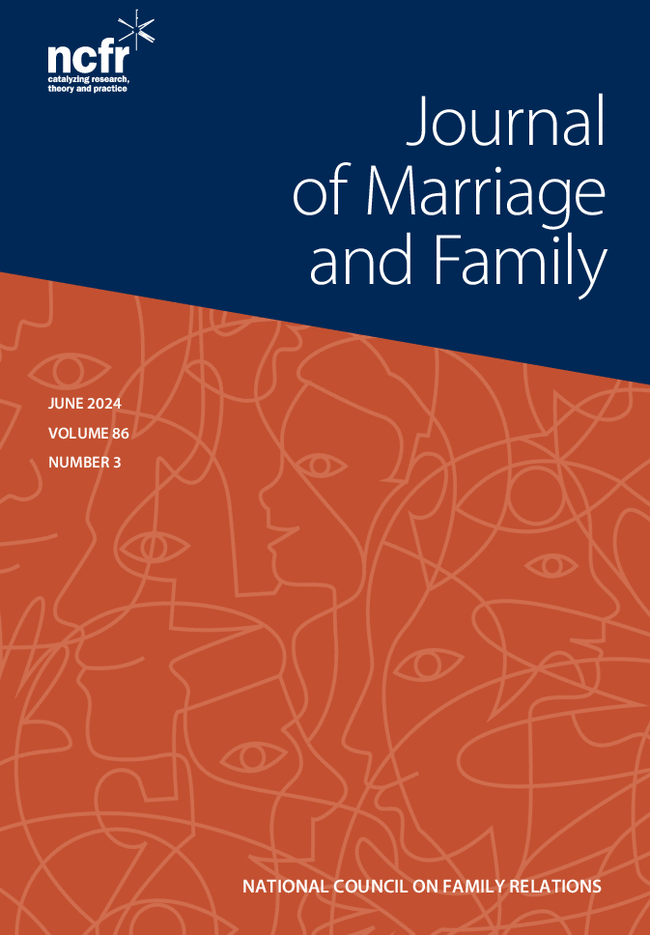Same-sex marriage legislation and implementation: Marital intention and barriers for marriage actualization among same-sex couples in Asia
Abstract
Objective
This paper explores the power and limits of same-sex marriage legislation by examining the rationales behind same-sex couples' marital intentions and barriers to actualization in Asian societies.
Background
Marriage equality is seen as a milestone for lesbian, gay, bisexual, queer, and plus (LGBQ+) rights. However, beyond its symbolic importance, how does this policy affect LGBQ+ people's lives?
Method
A mixed-method comparative study, with 647 survey responses and 70 interviews, was conducted with LGBQ+ people in committed same-sex relationships who live in Taipei (the first in Asia to legalize same-sex marriage) and Hong Kong (without the policy).
Results
Legal protection is one of the pivotal reasons behind same-sex couples' marital intentions. However, the policy implementation might jeopardize their privacy and expose them to discrimination. The increase in visibility associated with Taiwan's documentation systems and public debates make LGBQ+ people feel as though they were “living under the spotlight,” invoking unwanted and unfriendly attention from strangers and co-workers. Paradoxically, despite the lack of legal protection, LGBQ+ people in Hong Kong could “live in the shadows” to avoid negative consequences amidst unfriendly environments.
Conclusion
Same-sex marriage legalization can be a double-edged sword; it provides legal protection while bringing challenges for same-sex couples. This study contributes to the literature on LGBQ+ rights after marriage equality and sexual citizenship beyond the Global North.
Implications
Documentation systems in Taiwan that reveal one's marital status and sexual orientation demonstrate the need for privacy considerations and address the unique situation of LGBQ+ people when implementing same-sex marriage.

 求助内容:
求助内容: 应助结果提醒方式:
应助结果提醒方式:


